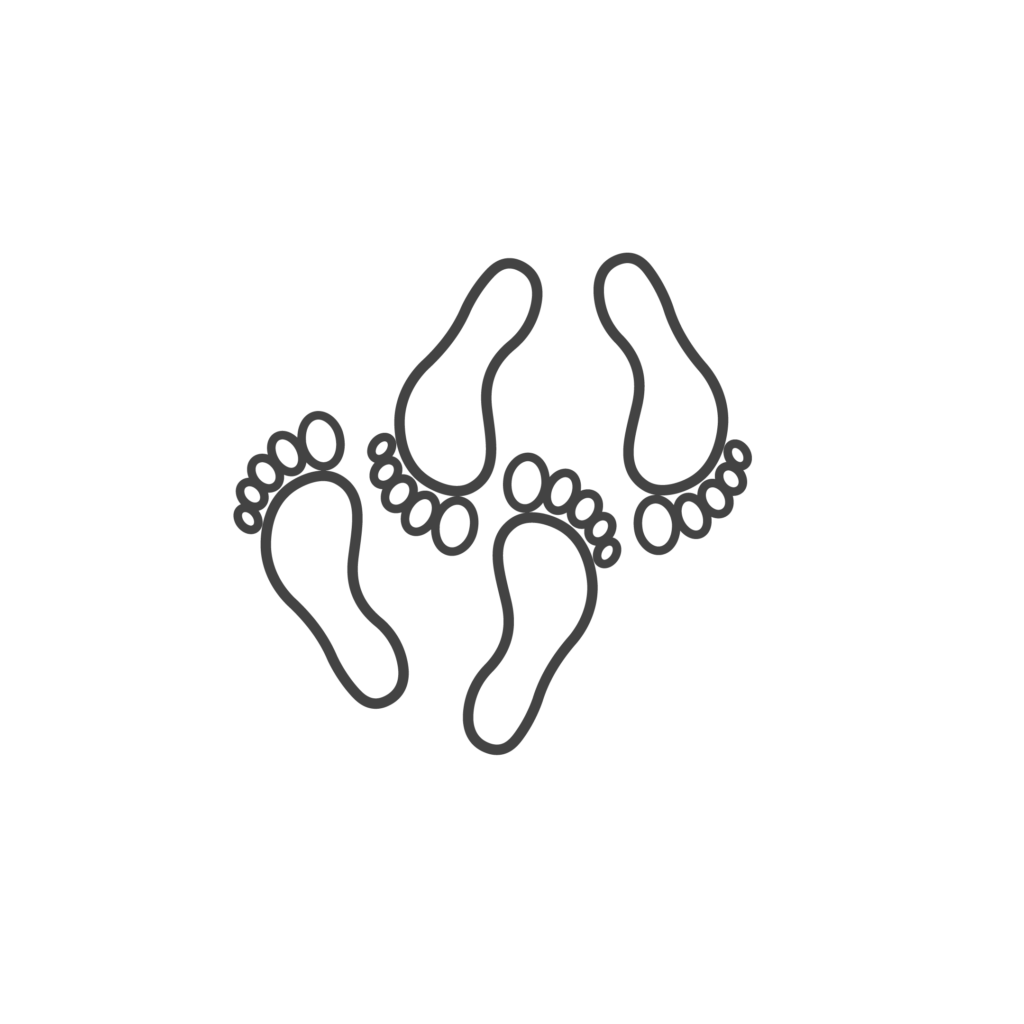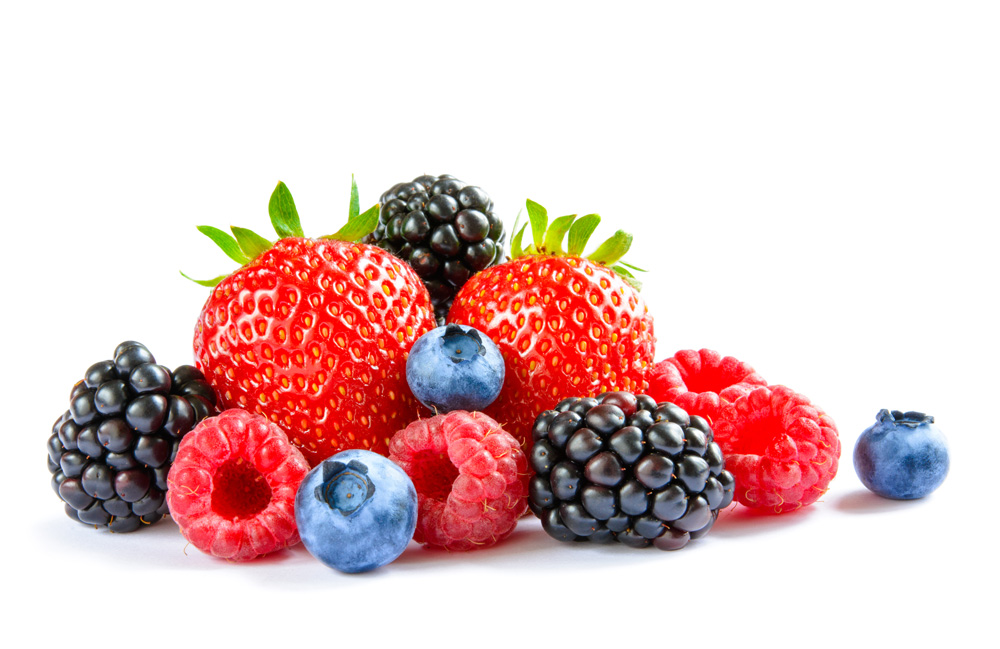a pregnancy?

Louise Thomson, who is 7 months pregnant, sits down with Consultant Paediatrician, Dr Inyang Takon to discuss her experience with alcohol and why she decided to cut down before trying to conceive and starting a family. They are sitting across from each other in the restaurant area sipping on mocktails. Louise is drinking a strawberry mocktail and Dr Inyang Takon is drinking a virgin mojito.
Alcohol in pregnancy can increase the risk of:


Adopting a healthy lifestyle while planning a pregnancy can help with fertility and means a healthier pregnancy.
Healthier pregnancies mean healthier kids.
Here are some choices you can make:
For further info visit the NHS website.
Alcohol is a teratogen. That means it crosses the placenta and can cause malformations in a fetus and interfere with its development. Alcohol passes freely through the placenta into the fetus’ blood. Because the fetus does not have a fully developed liver, it cannot filter out the toxins from the alcohol. Instead, the alcohol circulates in the fetus’ blood system which can harm brain cells and damage the nervous system of the developing baby throughout the entire nine months of pregnancy.
If you are pregnant or think you could become pregnant, the safest approach is not to drink alcohol at all, to keep risks to your baby to a minimum.
Drinking in pregnancy can lead to long-term harm to the baby, with the more you drink the greater the risk. The risk of harm to the baby is likely to be low if you have drunk only small amounts of alcohol before you knew you were pregnant or during pregnancy. If you find out you are pregnant after you have drunk alcohol during early pregnancy, you should avoid further drinking. You should be aware that it is unlikely in most cases that your baby has been affected. If you are worried about alcohol use during pregnancy do talk to your doctor or midwife.